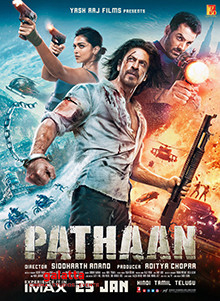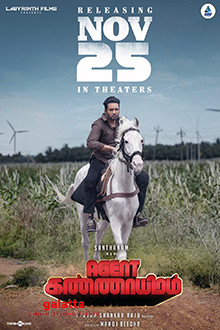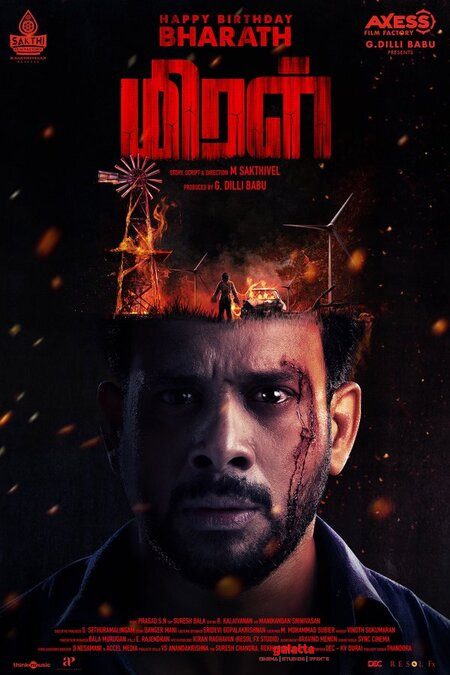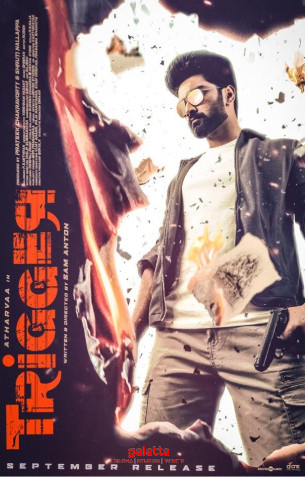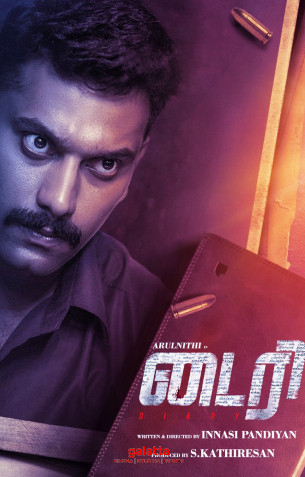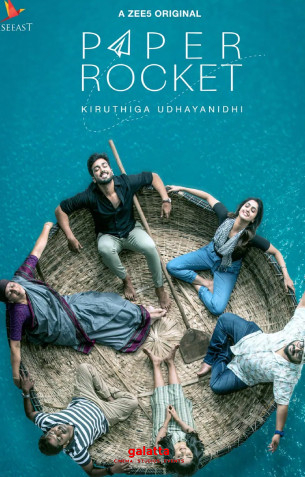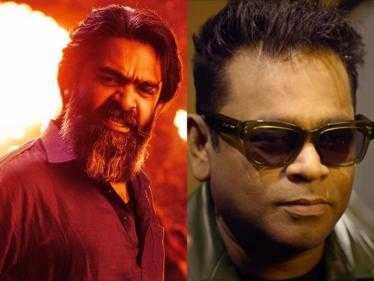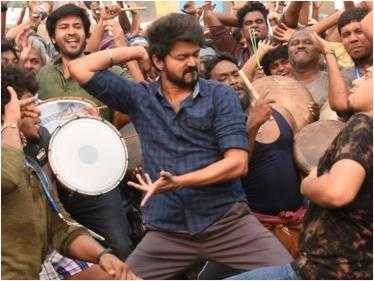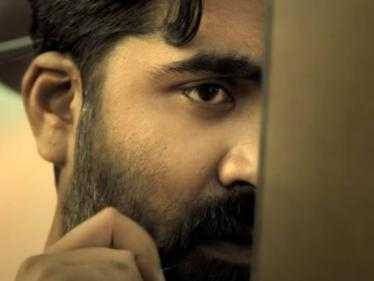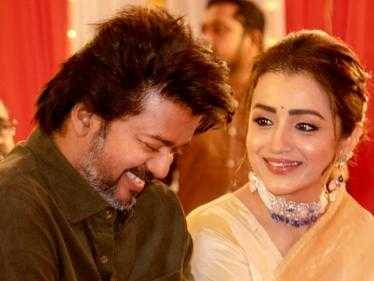Almost Pyaar With DJ Mohabbat Movie Cast & Crew
Almost Pyaar with DJ Mohabbat feels like a heart-on-sleeve Imtiaz Ali film seen through Anurag Kashyap’s cynical eyes. Alaya F and Karan Mehta play two characters each. In a story set in Dalhousie, they are named Amrita and Yakub. In the story set in London, they are Ayesha and Harmeet. Both narratives, thus, are connected by the fact that one of them is a Muslim, and also by a podcaster/sutradhar who calls himself DJ Mohabbat (Vicky Kaushal): he lives and records his show in London, and that show is so popular that it is heard even in ramshackle gyms in Dalhousie. DJ Mohabbat’s philosophies sound like a motivational-poster version of the introduction Gulzar used to deliver before his songs began to play in his greatest-hits collection. For instance, he says that society does not teach us to be vulnerable, but vulnerability is like sunlight on a cold day: you have to feel it to know how comforting it can be. He then quotes a Gulzar song from Khamoshi: Humne dekhi hai. Gulzar writes that love has to be felt from the soul, like the vulnerability DJ Mohabbat talks about.
Almost Pyaar – at least for Anurag – is a vulnerable film. It’s oddly touching. Dev.D and Manmarziyaan, despite their brittle edges, were full-on love stories. But despite the presence of the word “pyaar” in the title (and despite the name of that DJ), neither of the two parallel storylines in this movie is exactly a romance. Almost Pyaar is more about, say, how relationships are labelled by society. For instance, a boy and a girl could just be friends going to a concert, but because the boy is Muslim, the friendship could be seen as an instance of Love Jihad. In Imtiaz Ali’s films, people immolate themselves for love. In Anurag Kashyap’s world, society will immolate you if it considers your love “wrong”. In older Hindi cinema, love had the power to surmount the biggest of obstacles. Even a tragedy like Ek Duuje Ke Liye was essentially a fuck-you to the world: If you won’t let us live together, we will die together. But today, you don’t have to take the trouble of dying. Our increasingly intolerant society will do the job for you.
Today, the obstacles are even bigger, and more wide-reaching, whether in a small town like Dalhousie or a megapolis like London. A Hindu man whose bike has an OM sticker threatens Yakub’s father: Be happy that we are ‘allowing’ you to stay here. A Pakistani billionaire wants his daughter to stay away from the non-Muslim she is besotted with: it’s probably about both caste and class. And so on, so forth. So what’s the solution? It’s… love. Like Dev.D, this is a film driven by a super soundtrack (Amit Trivedi is the composer, Shellee is the lyricist). Na hi mazhab se sambhal paayegi / Na hi bandook se badal jaayegi / Mohabbat se hi to kranti aayegi goes a number, and these lines are the film’s thesis statement. Love is the thing that will bring about a social revolution, whether it’s friendship-wala love or the actual… love-wala love.
This statement may be a cliché, but Anurag’s writing dissipates the traditional love-story clichés (and also traditional screenplay clichés). There’s gay love. There’s cross-dressing. There’s a Hindu girl who makes videos in a burqa. There’s a privileged woman who feels she’s entitled to a man’s love just because she loves him: it’s borderline stalking. There’s patriarchy everywhere. And there’s an end that’s truly surreal at first glance – but then, you see it’s about how love unites people in the strangest ways. Amurag does not connect the dots for us. He just gives us a ton of loosely floating dots, and asks us to make patterns from them, based on what we know from the world today. For instance, there is a grandmother who is more tolerant, more progressive than the others in her Hindu household. Then there’s another old lady who warns Amrita about Yakub: “Woh Musalman hai!” The two criss-crossing storylines are filled with echoes, too, as though what occurs in India is what’s occurring outside India as well.
It’s easy to call Almost Pyaar with DJ Mohabbat a political love story, but if you really examine the structure, there’s more politics than love. Only one character truly seems to be “in love”, whether deluded or not. And even that one-sided love isn’t treated with compassion, as it usually is in the movies. It’s dismissed with these words: Mohabbat aati hai, paayi nahin jaati. Put differently, you can’t buy love. Alaya F sells both her characters with conviction and energy, but Karan Mehta feels off. It’s hard to say if he’s sullen or wooden. Then again, you don’t need them to have chemistry because this is not a romance. It’s not warm. Its characters come and go, sometimes vanishing altogether. The only constant is love, as exemplified by a hit number from the 1985 film, Mohabbat. It goes: Mohabbat se chalti hai duniya. Love makes the world go round.


